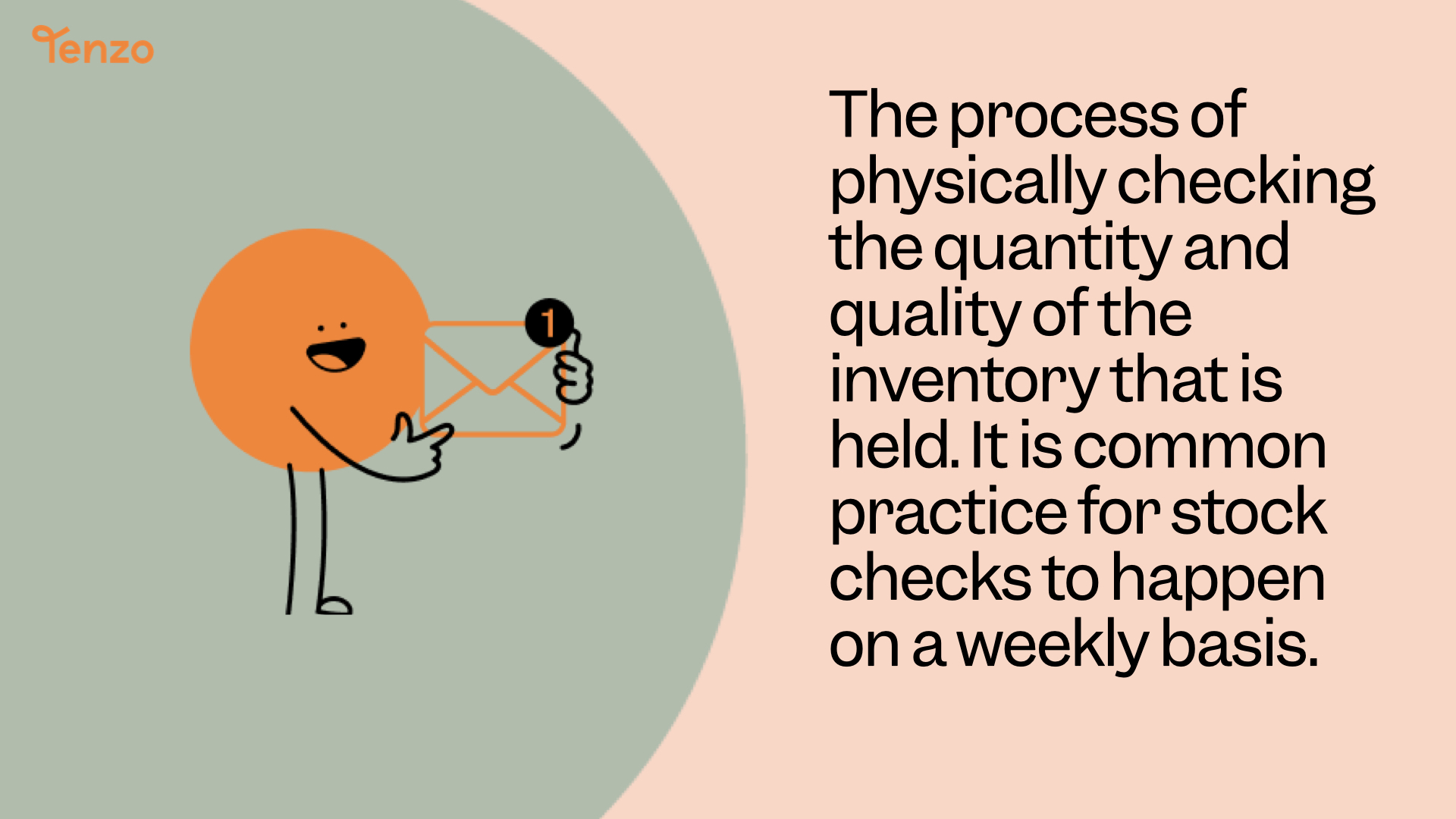Defining Stock Check and the Importance to Restaurants
Are you a restaurant owner or manager wondering how to keep track of your inventory?
To ensure that you have enough stock to meet customer demand and avoid any shortages, it is crucial to conduct regular stock checks.
In this article, we will explore what a stock check is and the methods restaurants use to perform it, as well as the importance of effective stock checking in the restaurant industry.
What is a Stock Check?
A stock check in the context of a restaurant is the process of assessing and recording the inventory of ingredients, supplies, and products in order to track and manage the availability and usage of these items.
It involves physically counting and verifying the quantities of items in stock and comparing them to the recorded amounts in the inventory system.
Methods Restaurants Use
Restaurants use various methods for stock checks, depending on their size, resources, and preferences.
Some restaurants prefer manual stock checks, where employees physically count and record the inventory. This method allows for a hands-on approach and can help identify discrepancies in real time.
Other restaurants utilise technology, such as barcode scanners and inventory management software, to streamline the stock check process. This method can save time and provide more accurate data, with reduced risk of human error.
Regardless of the method used, stock checks benefit restaurants by improving inventory accuracy, reducing waste and theft, and ensuring that the necessary ingredients and supplies are always available. By having a clear understanding of their stock levels, restaurants can make informed decisions about purchasing, pricing, and menu planning, ultimately leading to better financial management and customer satisfaction.
Importance of Effective Stock Checking
Regardless of the method used, stock checks benefit restaurants by improving inventory accuracy, reducing waste and theft, and ensuring that the necessary ingredients and supplies are always available.
By having a clear understanding of their stock levels, restaurants can make informed decisions about purchasing, pricing, and menu planning, ultimately leading to better financial management and customer satisfaction.
Regularly conducting stock checks means restaurants can identify and address any discrepancies or issues in their inventory management. This helps prevent stockouts, where essential items are unavailable, and overstocking, which can lead to unnecessary expenses and wastage.
Effective stock checking allows restaurants to track their usage patterns and adjust their ordering and production accordingly. By having accurate data on hand, they can avoid unnecessary expenses and optimise their purchasing decisions. This not only helps control costs but also ensures that the restaurant can consistently provide high-quality dishes to its customers.
Conclusion
In conclusion, effective stock checks are crucial for restaurants. They allow for better inventory management, reducing waste and costs. Stock checks help ensure that the restaurant has enough supplies to meet customer demand, preventing stockouts and lost sales.
Overall, implementing regular stock checks can greatly improve the efficiency and profitability of a restaurant.




